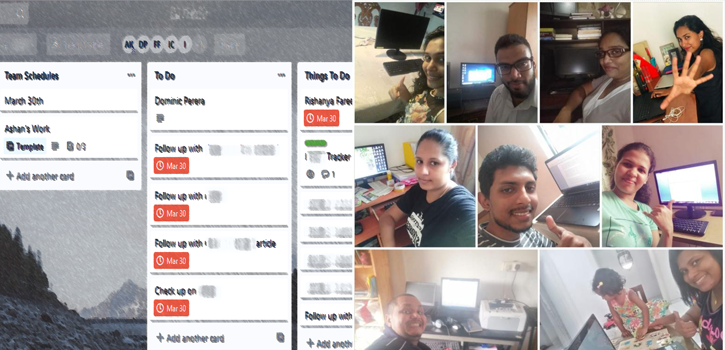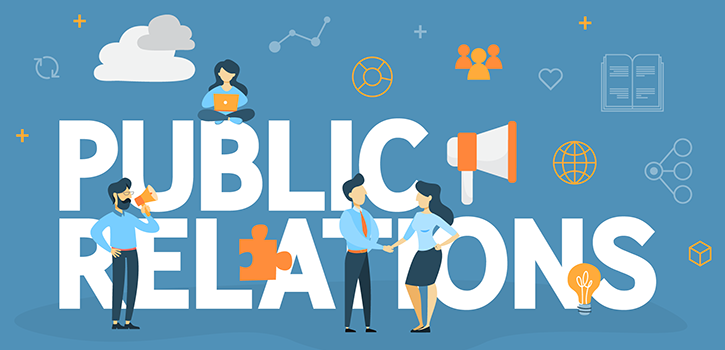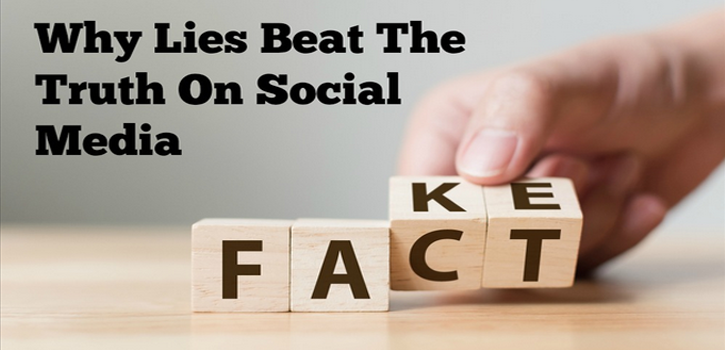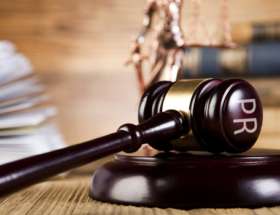Inviting for a more liable communication as World Telecommunication and Information Society Day is celebrated
World Telecommunication and Information Society day falls on 17th May and is celebrated every year since 1969. The theme for this year is ‘’Connect 2030 ICT’s for the sustainable Development Goals (SDG’S)’’ which focuses on pathways needed for a transition to smart and sustainable development by empowering ICT sector and its solutions.
The advancement of telecommunication has facilitated the livelihoods of people and its necessity is felt more than ever at present with the COVID 19 pandemic. The role of telecommunication is vital at this time when people have been assigned to work from home and practice social distancing.
Telecommunication infrastructure is available around the world thanks to many disruptive inventions. Smartphones, internet, social media, and messaging platforms have enabled communication on a global scale. From the invention of telegraph machine to telephone, radio, television, computer and mobile, this evolution of telecommunication has facilitated professional and personal lives of millions of people.
On this day when the evolution of telecommunication is being commemorated, it is worthwhile to bring into consideration the importance of using telecommunication services responsibly and wisely. This service has served people across borders since a long time. But as is the case with every service where some implications arise, telecommunication service too has incurred the same with misinformation and fake news. The outbreak of social media has increased this trend which otherwise had being at a controllable stage.
Social media by far has become the most popular source of information and an average person spends more than two hours on social media a day. From staying connected with loved ones to scroll through news, promoting businesses, and formal communication, we access social media that cuts across multiple purposes.
When it comes to social media and sharing information, the regulations are limited when compared to a television or radio channel. Social media has given access for anyone and everyone to share ideas and some people are taking advantage of it to mislead certain sectors of the society. Mostly the ill-literate people fall prey to these and the situation worsens when fake news is shared.
Most of the time, misinformation is organized and planned. Misinformation is a common scenario in the political arena and groups of people try to mislead people by sharing false information about a character or a party and tarnish the image. Sometimes, racist groups also use fake news to create upheavals and commotions that lead to violence among communities. Incidents happened in Kandy and Aluthgama bear witness to this.
When it comes to sharing news, adhering to the guidelines issued by BBC and NPR are useful as they suggest checking the source from which information comes, to ensure that multiple sources corroborate the news, to use tools to analyze whether photos are edited to deceive the viewers and to ensure that the news makes sense.
Everyone has the right to access trustworthy information. So it is highly imperative that everyone pledges to share information through trustworthy sources and avoid sharing information from unreliable sources. A single misleading / fake news post shared via social media can go viral and create panic, so as responsible citizens, everyone needs to look in to the trustworthiness of the information. To all those groups who try to mislead people – let’s not forget that misinformation can cause a lot of trouble and all those people who toiled around the clock for years to bring telecommunication to this level did not expect communication of misinformation through these platforms. So we invite everyone to be truthful and only disseminate trustworthy news which is beneficial to the society.










